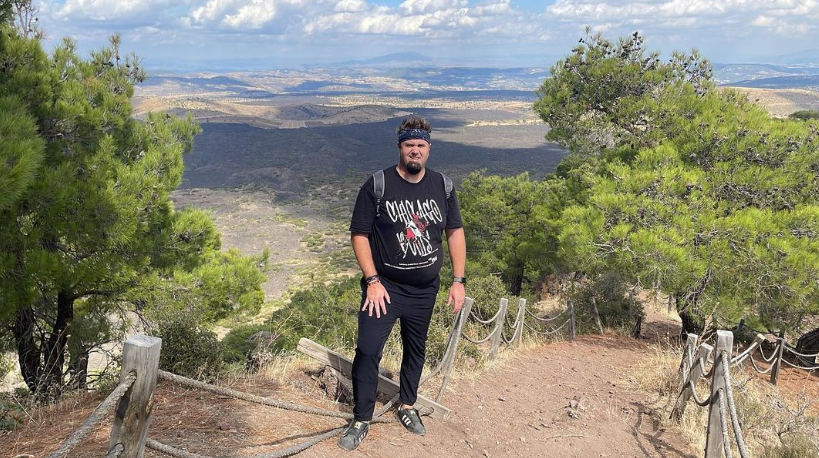Turkish warplanes hit outlawed PKK positions in northern Iraq on Saturday. Meanwhile, Ankara and military officials on Sunday warned the Kurdish administration in its southeastern neighbor to tackle the terrorist organization.
The Turkish military says warplanes have bombed PKK separatist’s bases in northern Iraq, the General Staff said in a statement posted on its website.
The bombs hit Iraq’s Avasin Basyan region on Saturday after the PKK attack that killed 15 Turkish soldiers on Friday, but added that no ground troops entered Iraq, the statement said, adding that the air raids only targeted the PKK bases and that the necessary precautions were shown to avoid civilian casualties.
General Hasan Igsiz, the army’s deputy chief, called the press briefing after 15 Turkish soldiers were killed when a group of PKK separatists crossed into Turkey from their long-time bases in northern Iraq and attacked a border outpost under cover of heavy weapons fire from northern Iraq.
Igsiz accused the leaders of northern Iraq of tolerating PKK separatists, press representatives joined to the meeting said after the briefing.
“We have no support at all from the northern Iraqi administration (against the separatists). Let aside any support, they are providing (the separatists with) infrastructural capabilities such as hospitals and roads,” Igsiz quoted as saying at the meeting held at the General Staff Head Quarters in Ankara.
“Our expectation is that (the PKK) be acknowledged as a terrorist organization there and that support for the separatists be eliminated,” Igsiz said.
KURDISH ADMINISTRTION UNDER FIRE
Turkey’s Prime Minister Tayyip Erdogan also urged Iraqi Kurds to take action against the separatist PKK, whose members sneaking from camps in the mountains of northern Iraq.
Turkey has long accused the northern Iraqi administration of tolerating the PKK on their territory, where it says the separatists easily obtain weapons and explosives for attacks on Turkish targets across the border.
The general also accused the northern Iraqi administration of failing to prevent PKK separatists from mixing with the local population, thus making it difficult for the Turkish army to target the PKK members through a series of bombing raids carried out in the region since last October.
“Members of the organization are based very close to the local population in large parts of northern Iraq and they are exploiting this,” AFP quoted Igsiz as saying. “The northern Iraqi administration makes no effort to prevent this.”
Igsiz also said that no Turkish ground troops entered Iraq after the attack but Turkish F-16s and artillery units pounded PKK positions just across the border.
STATIONS TO BE TRANSFERRED
Igsiz informed that five military stations, including Aktutun the target of Friday’s deadly PKK attack, would be transferred from their current mountainous locations along the border in southeastern Turkey.
Works had begun last year to move Aktutun outpost to Bercar Tepe, Igsiz said, adding that the outpost would be moved by 2009.
Friday’s PKK attack was the fifth launched against the Aktutun gendarmerie station, in which a total of 44 soldiers have been killed since 1992.
MISSING SOLDIERS
Igsiz said they could not still locate the whereabouts of the two soldiers who went missing after Friday’s attack, adding, “According to our assessment, the two soldiers may be dead. Searches continue”.
The terrorist organization was heading towards breaking point and leaned towards sensational actions in an attempt to find a way out, Igsiz added.
Igsiz said there were no problems in the intelligence sharing mechanism with the United States.
The latest PKK attack, involving over 300 separatist with heavy weaponry support, had raised questions on the intelligence provided by the United States among Turkish opinion makers.
HotNewsTurkey October 05, 2008



